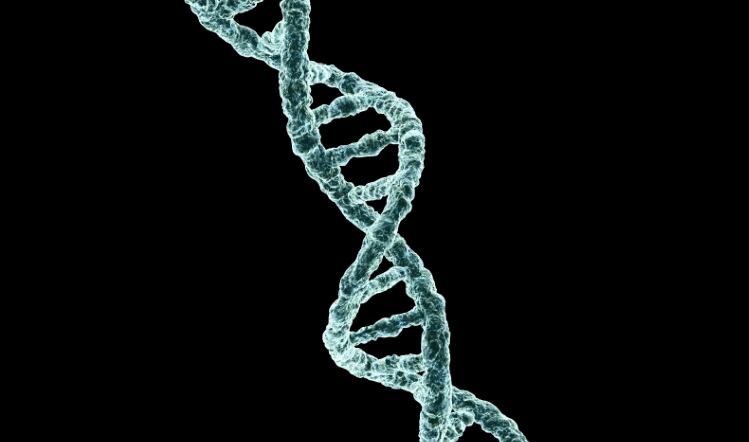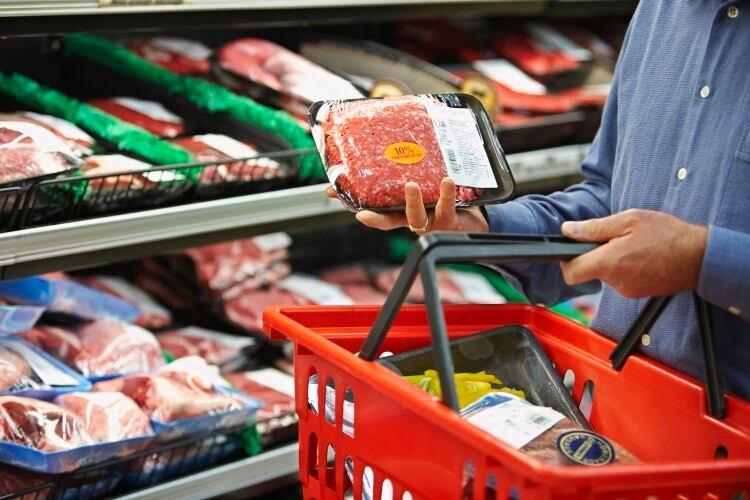Next Generation Sequencing (NGS) allows testers to identify and validate multiple species in products such as seafood, dried mushrooms or ready meals.
Unlike a targeted system of identification that looks for a specific species, NGS uses a “trawler net” approach to capture as much gene data as possible.
These genes are sequenced and compared to a reference database, using each of the unique sequences to identify the species present in the food.
NGS is the first testing available to test for the ‘unknown unknowns’, claimed Food Forensics, including the identification of more exotic species, which would not previously have been possible.
Tolls to protect integrity
Food Forensics managing director Alison Johnson said: “The development of NGS to provide solutions to the food industry has been a natural progression.
“The challenges in today’s complex food supply chains mean that suppliers, processors and retailers need all the tools we can provide to support their supply chain integrity to deliver safe and authentic foods to the consumer.”
Food Forensics said the testing had already been used to identify several authenticity issues in foods.
Detect adulteration and fraud
It hoped that as uptake of the technology increased it would not only detect adulteration and fraud but would deter criminals seeking to commit fraud in the food supply chain.
Meanwhile, earlier this year Meat Promotion Wales launched a partnership with technology company Oritain to create a traceability programme for Protected Geographical Indication (PGI) Welsh lamb.
The new testing method uses forensic-level science to underpin traceability, which is the first initiative of its kind for a PGI product.
It analyses trace elements and isotopes that animals absorb from their natural environment and the grass and water that they consume, to establish a distinctive Welsh ‘fingerprint of origin’.



